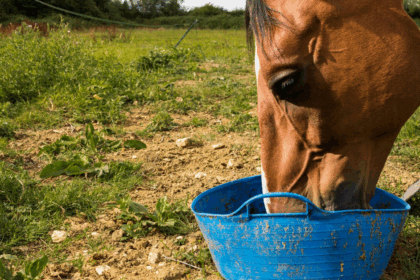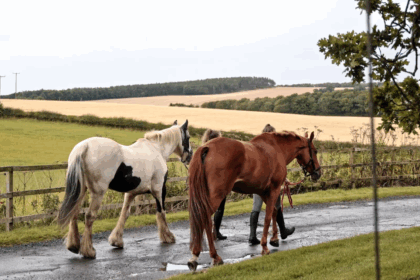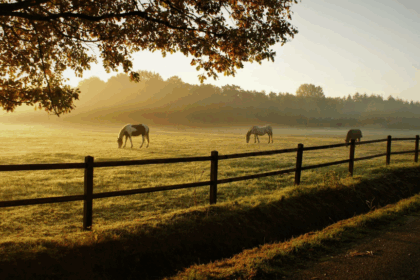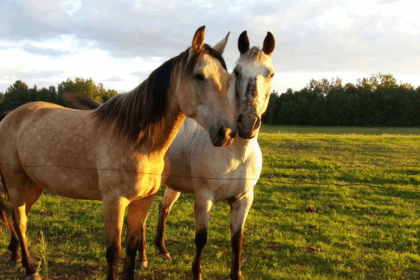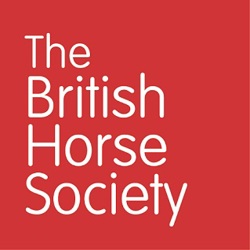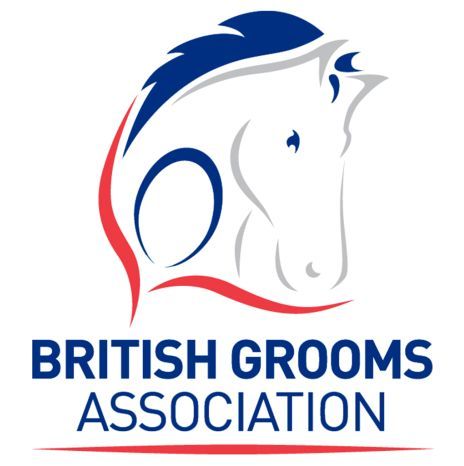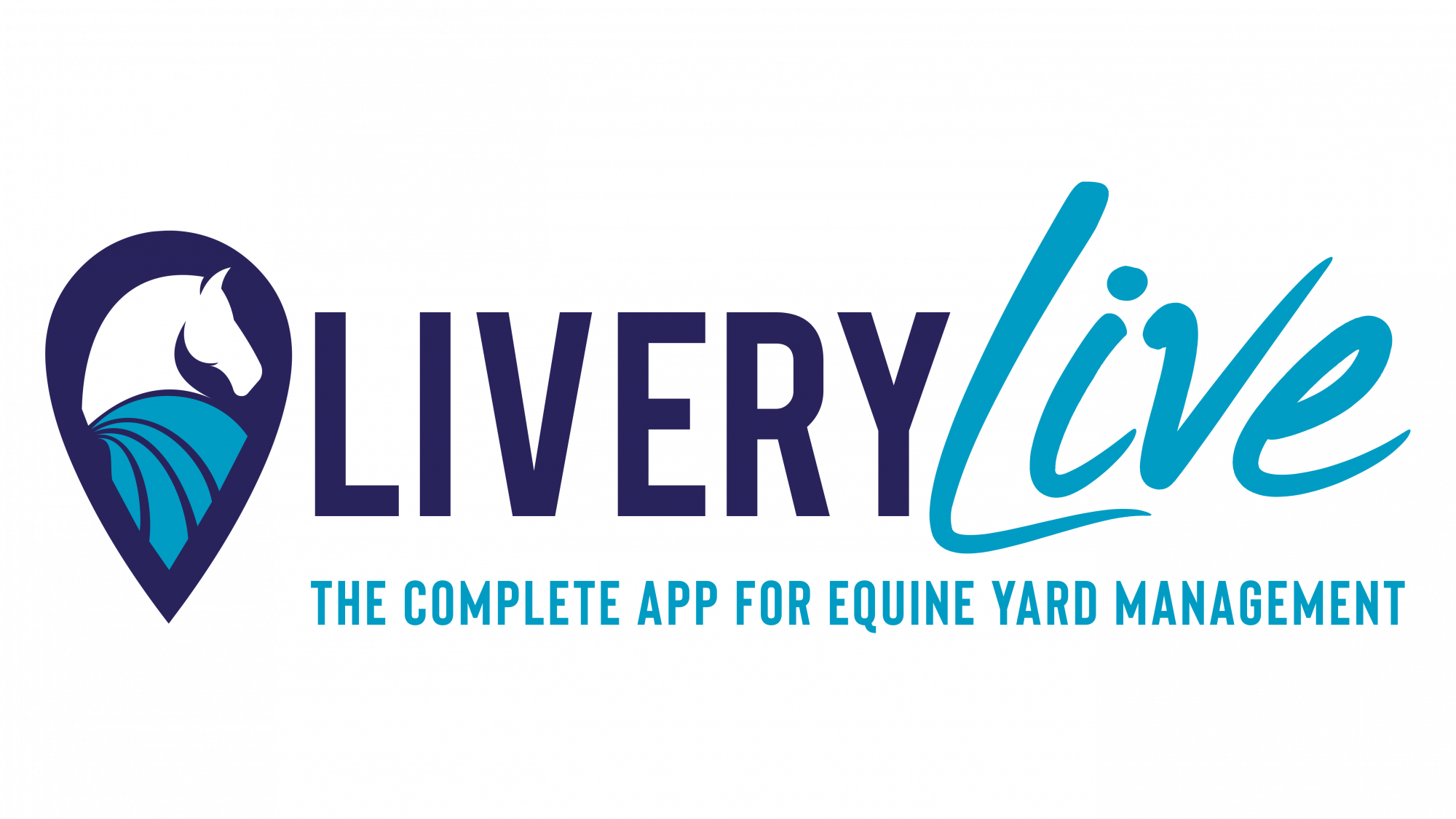You’ll explore how nutrition supports every aspect of horse health, from digestion and energy to behaviour and condition. The course covers everything from fibre types and feed labels to feeding for specific needs, common feeding mistakes, and how to build balanced diets tailored to individual horses.
Written in clear, practical language, the course blends theory with real-life application. With no deadlines or pressure, you can study at your own pace — and you’ll have your personal tutor on hand throughout to answer questions and offer feedback.
Whether you’re a horse owner or someone managing a yard, this course strengthens your foundation in one of the most important aspects of equine care. It also includes optional assignments and feed chart preparation, helping you apply what you’ve learned right away.
Students often tell us how surprised they are by how much they didn’t know before starting this course — even those with years of horse ownership under their belts. The easy-to-follow layout, accessible language, and flexible structure mean learners can take their time to absorb new information and revisit key sections whenever needed.
The distance learning format allows you to study entirely at your own pace — whether that’s during a quiet afternoon at the yard, an evening at home, or fitted around a busy work schedule. There are no deadlines, so you can progress in a way that suits your lifestyle.
Tutor support is available throughout, and students are encouraged to reach out with questions or for clarification. Many appreciate the personal feedback and the reassurance of knowing there’s someone there to guide them if needed.
Whether you’re returning to study after a break or learning alongside hands-on experience, the course is designed to build confidence as well as knowledge. One learner told us that the course helped her finally understand how to balance her horse’s diet properly — something she’d struggled with for years.
This course is especially valued by those who want to feel more empowered when choosing feeds, advising clients, or managing horses with specific needs. It gives practical, real-world knowledge that students can apply immediately in daily yard life.

